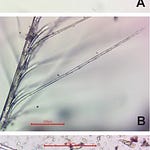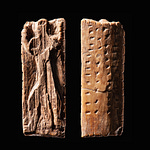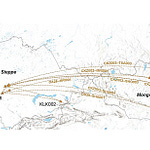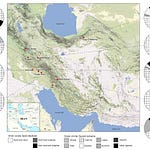A Persistent Puzzle
Walk through cemeteries in almost any country and a pattern emerges: women, on average, outlive men. In modern societies, the gap has narrowed thanks to medicine and improved living conditions, but it stubbornly remains. Evolutionary biology suggests that this discrepancy is not simply the residue of culture or environment. It runs far deeper, stretching across the animal kingdom.
A sweeping new study1 led by researchers at the Max Planck Institute for Evolutionary Anthropology compiled data from more than 1,176 bird and mammal species kept in zoos. The analysis reveals that sex-based differences in life expectancy are not only widespread but remarkably consistent. Among mammals, females outlived males in 72 percent of species, with an average advantage of twelve percent. Among birds, the pattern was reversed: in 68 percent of species, males lived longer, by about five percent .
“The persistence of lifespan differences across such diverse species suggests an evolutionary signature rather than a cultural artifact,” says Dr. Clara Jensen, an evolutionary biologist at Aarhus University. “We are looking at a trait shaped over millions of years of natural and sexual selection.”











